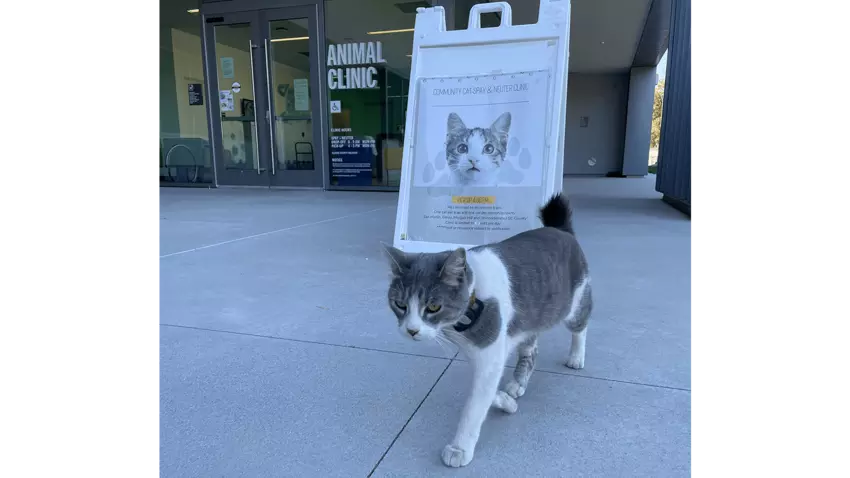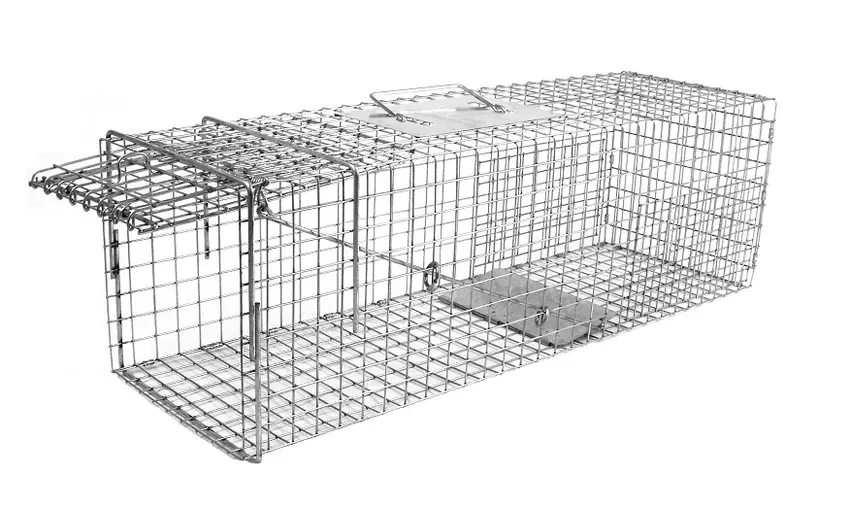Spay and neuter

Spaying and neutering is one of the best things you can do for your pet, your family, and your community. By fixing your pet, you will help control pet overpopulation and prevent medical and behavioral problems from developing, allowing your pet to lead a longer, healthier and happier life.
What is spay/neuter?
Commonly referred to as "fixing" your pet, spaying refers to female animals while the term "neuter" can be used interchangeably for both sexes to refer to the removal of a pets reproductive organs.
What are some benefits of spay/neuter?
- Healthy pets. Spay/neuter improves your pet’s health, reducing or eliminating the risk of certain cancers and other diseases. Because spay/neuter often reduces the tendency to fight with other animals, it also protects your pet from fight-related injuries and from dangerous infections spread through bite wounds. Spayed/neutered animals wander less and stay closer to home. As a result, they are less likely to be lost or hit by cars.
- Happy families. Spay/neuter reduces or eliminates spraying (marking objects with a spray of urine), yowling/howling, escaping, and other troublesome behaviors. You won’t have to deal with the mess or the inconvenience of a pet in heat (or a male pet reacting to a female in heat). You’ll be saved the considerable amount of time, money, and hassle (not to mention property damage!) involved in raising litters of puppies or kittens.
- Healthy communities. Spay/neuter has a direct impact on the incidence of dog bites in a community. The majority of dog bites (60–80 percent) are caused by intact male dogs. Pregnant or nursing female dogs are more likely to bite as well. Spay/neuter has a direct impact on the incidence of dog bites in a community. Spayed/neutered pets are less likely to engage in behaviors that could cause problems with neighbors.
- No more homeless pets. Spay/neuter directly impacts the number of animals that lose their lives in shelters and on our streets. Having your pet spayed or neutered frees up homes for homeless pets that are already born.
Will my pet’s behavior change after the surgery?
Spay/neuter can result in some behavior changes – for the better! Spayed or neutered pets are often less aggressive, more relaxed, and even more affectionate. Contrary to what some people fear, pets show no signs of “missing” mating or breeding. Rather, they are more content without those raging hormones!
Will my pet become overweight?
Just like people, pets become overweight when they eat too much and/or exercise too little. An appropriate diet and sufficient activity will keep your pet slender and healthy.
How young can a dog or cat be spayed/neutered?
Healthy puppies and kittens can now be spayed very early – as young as six weeks. Though they may seem fragile at that age, healthy puppies and kittens are actually quite strong and recover quickly from the surgery. If your veterinarian is trained in early spay/neuter, the procedures are fast and easy. In addition, the cost for spaying or neutering a dog is often based on the weight of the animal and increases along with the dog’s weight. Spaying or neutering early can save you money!
How long does it take for an animal to recover from the procedure?
Depending on your pet’s age, size, and health, he/she may be kept at the vet’s for a few hours or overnight. Your veterinarian can give you more details. The surgery to fix animals is routine, and they generally bounce back fairly quickly.
Isn’t it healthier for my pet to have one litter?
Medical evidence indicates just the opposite. In fact, the evidence shows that females spayed before their first heat are typically healthier. Cats can go into heat and get pregnant as early as five months of age, so it’s important to spay early.
How much does it cost?
The cost varies, depending on the services offered in your community, but spay/neuter is a one-time cost, a bargain when you consider the cost of taking care of litter after litter of puppies or kittens.
Many communities have free or low-cost spay/neuter for those who cannot afford the procedure. Contact your local veterinarian or shelter to find out what options are available in your area.
The County of Santa Clara Animal Shelter currently offers free spay/neuter services for community (free-roaming) cats found in Gilroy, Morgan Hill, San Martin, Stanford and all other unincorporated areas of Santa Clara County. Free-roaming cats with no known owner can be brought to our Clinic located at 12425 Monterey Rd. in San Martin on Tuesdays and Thursdays, excluding County holidays. Drop off is at 7:30 a.m. and there is no appointment necessary but space is limited. Cats MUST be brought in a standard size humane cat trap. There is a limit of one cat per person/property. All cats will have their ears tipped to indicate that they have been neutered- No exceptions.
We accept cats for neuter from unincorporated Santa Clara County, San Martin, Stanford, Morgan Hill and Gilroy only. Similar services may be found at other area shelters for those outside of our service area.
Low-cost options can also be found at San Jose Animal Care and Services, Silicon Valley Animal Control Authority, Humane Society of Silicon Valley and Pets in Need.
But, what if I want my kids to have the experience of raising puppies or kittens?
Contact your local shelter or rescue group and ask if you can sign up as a foster family for expectant or new mothers. While most mothers prefer not to have an audience while they are actually giving birth, your family may be able to play an invaluable role as a foster family for newborn puppies or kittens.
So, make an appointment today with your veterinarian to spay or neuter your pets. They’ll be happier, and so will you!
Animal Services
Additional contact information
Our shelter Clinic offers FREE spay/neuter of unowned, free-roaming cats from our service area on Tuesdays and Thursdays, excluding County holidays. Drop off is at 7:30 am.

Humane cat trap
For our community cats spay/neuter program, we will only accept cats that are in humane traps, as the one shown on photo to the right.